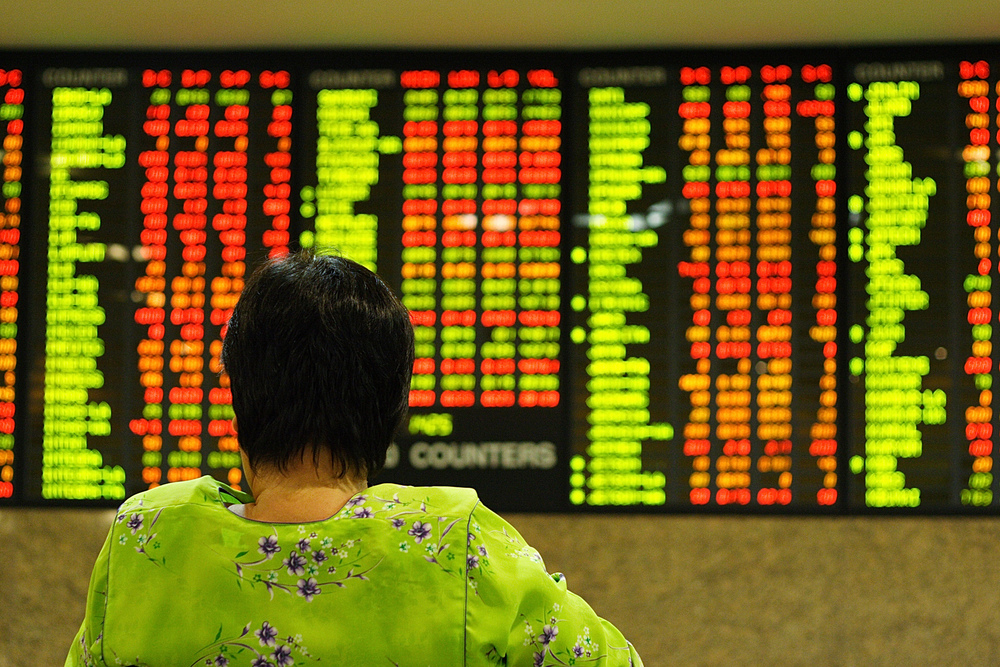Business and Economy
Asian stocks higher after Wall Street gains
BEIJING – Asian stock markets were mostly higher Monday following Wall Street’s gains as investors looked ahead to this week’s Chinese trade data.
Keeping score: The Shanghai Composite Index rose 3.4 percent to 3,290.62 points and Hong Kong’s Hang Seng advanced 1.4 percent to 22,763.43. Seoul’s Kospi added 0.1 percent to 2,022.28 and India’s Sensex advanced 0.1 percent to 27,121.39. Taiwan, Singapore and New Zealand also rose. Sydney’s S&P ASX 200 shed 0.8 percent to 5,237.00 and Bangkok and Manila also declined. Japanese markets were closed for a holiday. On Friday on Wall Street, the Dow Jones industrial average rose 0.2 percent, the Standard & Poor’s 500 index added 0.1 percent and the Nasdaq composite added 0.4 percent.
Wall Street: The U.S. stock market turned in its best week of the year, helped by airlines and industrial companies. The S&P 500 ended the week up 3.3 percent, its best week since mid-December. Most of the gains came after the release of last week’s disappointing jobs report, which suggested the Federal Reserve would postpone a long-anticipated interest rate rise for several months. That signal was reinforced Thursday, when the minutes from the September Fed meeting showed policymakers are too concerned about low inflation and the slowdown in China to raise interest rates.
China trade: Forecasters expect data Tuesday to show China’s September imports contracted by as much as 15 percent from a year earlier in a new sign of weakness in the world’s second-largest economy. Exports are expected to have declined as well due to weak global demand. The slowdown has sent shockwaves through economies that supply raw materials and components to China’s vast manufacturing industry. The trade data “will be a key” for investor sentiment toward commodities and mining stocks, according to Ric Spooner of CMC Markets.
Analyst’s take: “In Asia, indicators for China’s economy will be the key focal point this week,” Bernard Aw of IG Markets said in a report. “The current account balance of China may stay under pressure for some time.” Despite expectations Beijing wants to hold its yuan steady in hopes of having it adopted by the International Monetary Fund as part of the basket used to set the value of its in-house currency, “growth concerns and financial reforms are expected to weigh on the local currency,” said Aw. He said Beijing might spend more of its foreign currency reserves to hold the yuan steady, “which may add to market volatility.”
Energy: Benchmark U.S. crude added 38 cents to $50.01 per barrel in electronic trading on the New York Mercantile Exchange. On Friday, the contract gained 20 cents to close at $49.63. Brent crude, used to price international oils, rose 29 cents to $53.20 in London. In the previous session, it shed 37 cents to $52.91 per barrel.
Currency: The dollar declined to 120.1940 yen from Friday’s 120.3050 yen. The euro advanced to $1.1373 from $1.1359.






















